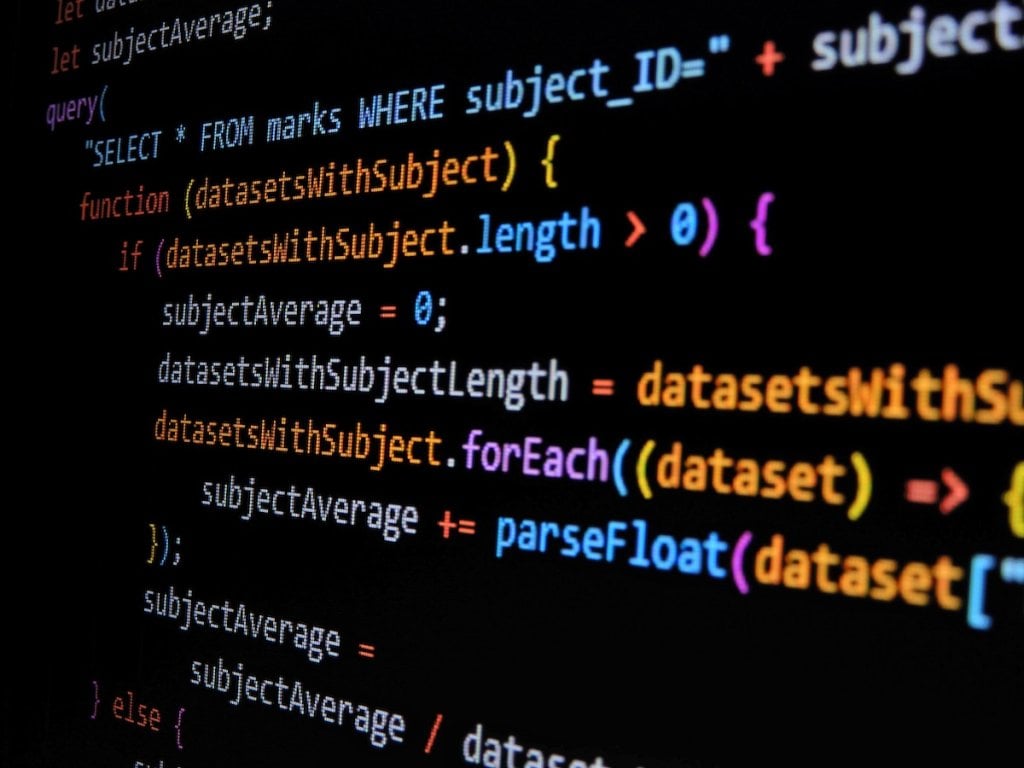I think we have to consider that the principles of the free software movement, revolutionary though they genuinely were, were also set in the same mindset that latterly saw its founder Richard Stallman spectacularly fall from grace. They are principles that deal in software development and licensing in strict isolation, outside of the social context of their use. They are code-centered, not human-centered.
(…)
It’s worth considering whose freedom we value. Do we value the freedom of the people who use software, or do we also value the freedom of the people the software is used on? While the latter group doesn’t always exist, when they do, how we consider them says a lot about us and our priorities.
I’ve always felt the FSF has had no idea what they were doing. Therefore I do not always agree with or support 100% of what they do.
I do feel that sometimes code should be able to carry reasonable restrictions. Just not sweeping restrictions.
An example of a reasonable restriction would be a clause that prohibits commercialized use of free software without first obtaining permission from the project in question. Another reasonable restriction would be a clause that prohibits governmental use or use by military entities.
An unreasonable restriction would be naming only specific companies that are not allowed to use the ‘free’ software. It would also be further considered unreasonable for rights to use ‘free’ software if it expires, goes away, or is revoked if you commit a specific crime, or fall under suspicion of committing said crime.
I’ve always felt the FSF has had no idea what they were doing. Therefore I do not always agree with or support 100% of what they do.
They absolutely have no idea what they’re doing. For the most part, they’ve been reactionaries who have prioritized code over people. And then the rest of the time, they’re having to make excuses for Stallman, or pretend like he’s not a boat anchor that’s preventing the organization from actually doing anything meaningful.
The FSF imo are a failed org.
We need to make sure that we’re prioritizing the empowerment of people through free and open source. Give tools to the hobbyist, the amateur hardware hacker, people running homelabs, or the person who wants to start a business that’s driven by Linux servers, but then also make it clear that we don’t want the software being used to build bombs, or run global surveillance networks, or to create inequality and injustice. It needs to be a community movement that understands the realities of the modern world, how things change, how that change accelerates, and the threats that the world currently faces. It can’t be driven by an org that doesn’t understand that it isn’t still 1980, or ideologically driven by and abusive, shitbag hermit.
The goal of the copyleft movement (which overlaps heavily with the free software movement) is to carve out an intellectual commons that can’t be re-enclosed. This commons is important for a number of reasons, including that it tends to be better for end-users of software in the sense that anti-features can’t really gain a foothold. It does not automatically solve UX issues, nor does it stop people from using the knowledge of the commons to do bad things.
Much of the strength of the intellectual commons is that it builds on itself, instead of having to re-invent the same things in a dozen or more different proprietary endeavors. If we were to start a “peace software” movement, it would be incompatible with the commons, due to the restrictions it imposes. Peace software can’t build on copyleft software, and none of the commons can build on peace software. These sorts of things were considered, and compatibility was deemed more important than pushing more specific values. This isn’t a matter of the FSF or OSI standing in the way, it’s just that “peace software” would have to go it alone.
Due to this dynamic, those that want to build “anticapitalist software” would be better served by using the GNU AGPL, rather than a license that restricts commercial use. The AGPL fixes the loophole that the GPL leaves open for network services, and should allow us to carve out a new noncommercial online ecosystem. It should even be used for non-network code, as that code may be repurposed or built upon by network services. I’m glad to see lemmy, kbin, and mastodon using it.





